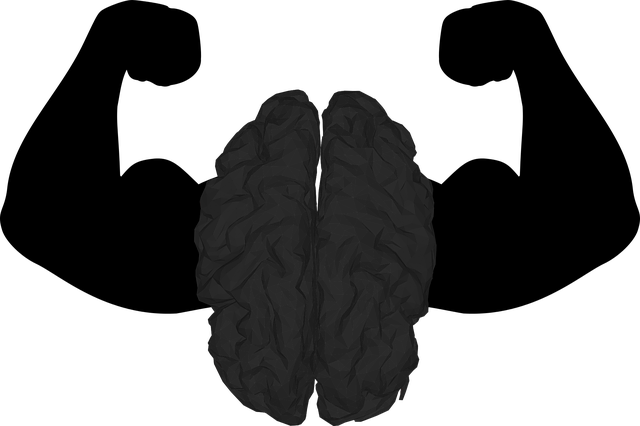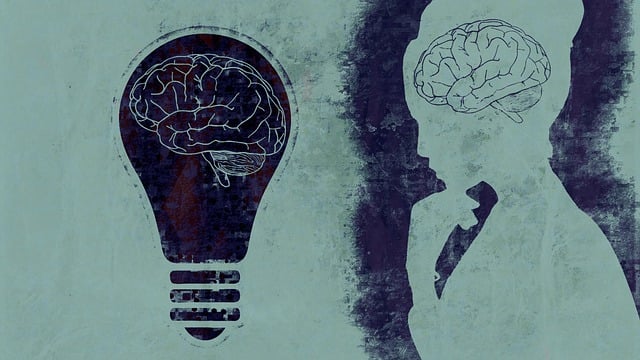Burnout among healthcare professionals, driven by high-stress work environments, negatively impacts patient care and hospital performance. To combat this crisis, evidence-based interventions like Lafayette Cognitive Processing Therapy (LCPT) are crucial. LCPT offers a holistic approach to mental well-being, focusing on burnout prevention through negative thought pattern modification, effective coping strategies, and emotional regulation techniques. By fostering resilience and enhancing self-awareness, LCPT supports healthcare providers' mental health and optimizes patient care quality. Additionally, creating supportive work environments with organizational culture initiatives, mentorship programs, open communication, fair leadership, and access to mental health resources can prevent burnout. Integrating mindfulness, regular exercise, quality sleep, leisure activities, and LCPT into daily routines is essential for long-term well-being and stress management among healthcare professionals.
Healthcare provider burnout is a growing concern, impacting patient care and well-being. This article explores effective prevention strategies, delving into the root causes and far-reaching effects of burnout among healthcare professionals. We present innovative solutions like Lafayette Cognitive Processing Therapy (LCPT), which offers a holistic approach to mental health. Additionally, we cover workload management, organizational culture transformation, and self-care practices, emphasizing the importance of a comprehensive strategy to combat burnout and enhance resilience in this critical sector.
- Understanding Burnout Among Healthcare Providers: Causes and Impact
- Lafayette Cognitive Processing Therapy (LCPT): A Holistic Approach to Mental Well-being
- Workload Management and Time Optimization Techniques for Healthcare Professionals
- Fostering a Supportive Work Environment: The Role of Organizational Culture
- Self-Care Practices and Stress-Reduction Strategies for Burnout Prevention
Understanding Burnout Among Healthcare Providers: Causes and Impact

Burnout among healthcare providers is a growing concern, impacting not only individual practitioners but also patient care and hospital performance. It’s characterized by emotional exhaustion, depersonalization, and reduced personal accomplishment, stemming from prolonged exposure to stressful work environments. High workload, long hours, administrative burdens, and challenging patient interactions are significant contributors. These factors can lead to decreased job satisfaction, increased stress levels, and even physical health issues.
The effects of burnout are far-reaching. It not only hampers a healthcare provider’s ability to deliver quality care but also fosters a negative work environment. This can result in high turnover rates, affecting hospital resources and patient continuity. Recognizing the signs and causes of burnout is crucial, prompting interventions such as Lafayette Cognitive Processing Therapy (LCPT), Mental Wellness Coaching Programs, and strategies for Mood Management and Inner Strength Development. These initiatives aim to support healthcare providers’ mental health, enhance resilience, and foster a more sustainable work environment.
Lafayette Cognitive Processing Therapy (LCPT): A Holistic Approach to Mental Well-being

Lafayette Cognitive Processing Therapy (LCPT) offers a holistic approach to mental well-being, specifically targeting burnout prevention among healthcare providers. This therapy focuses on identifying and modifying negative thought patterns that can contribute to stress and emotional exhaustion. By teaching participants effective coping strategies and emotional regulation techniques, LCPT empowers healthcare workers to navigate challenging situations with resilience. It provides tools for crisis intervention guidance, helping professionals manage acute stress and prevent burnout in high-pressure environments.
Incorporating community outreach program implementation within the therapy framework, LCPT fosters a sense of belonging and support among healthcare providers. This collaborative approach encourages open communication, peer mentorship, and shared learning experiences. Through these initiatives, healthcare professionals can find solace and rejuvenate, ultimately enhancing their ability to deliver quality patient care.
Workload Management and Time Optimization Techniques for Healthcare Professionals

Healthcare professionals often face overwhelming workloads and time constraints, which can lead to burnout if left unaddressed. Effective workload management and time optimization techniques are essential components of burnout prevention strategies for healthcare providers. One approach that has gained prominence is Lafayette Cognitive Processing Therapy (LCPT), a therapeutic method that focuses on improving self-awareness exercises. By integrating LCPT into their practice, healthcare workers can enhance emotional well-being promotion techniques and develop healthier coping mechanisms.
This therapy encourages professionals to reflect on their thoughts and feelings related to work stress, enabling them to manage their time more efficiently. Through structured self-awareness exercises, healthcare providers can identify patterns that contribute to burnout and make necessary adjustments. By prioritizing tasks, setting realistic goals, and utilizing tools for time management, healthcare workers can create a more balanced lifestyle while ensuring patient care remains a top priority.
Fostering a Supportive Work Environment: The Role of Organizational Culture

Creating a supportive work environment is a powerful strategy to prevent burnout among healthcare providers. Organizational culture plays a pivotal role in shaping the daily experiences and well-being of employees. In the fast-paced and demanding healthcare sector, where professionals often face high stress levels and heavy workloads, fostering an environment that prioritizes support and collaboration can significantly contribute to burnout prevention. This involves promoting open communication, ensuring fair leadership, and encouraging teamwork, allowing staff to share responsibilities and provide mutual support.
A positive organizational culture can be cultivated through various initiatives like regular team-building activities, mentorship programs, and access to mental health resources such as the Lafayette Cognitive Processing Therapy (LCPT) therapy series. These efforts create a sense of community, enhance job satisfaction, and encourage professionals to develop coping skills that are essential for managing stress. Additionally, organizations can benefit from producing and promoting Mental Wellness Podcast Series and Public Awareness Campaigns to increase public understanding of burnout and the available support systems, further empowering healthcare providers on their journey towards better mental wellness.
Self-Care Practices and Stress-Reduction Strategies for Burnout Prevention

Healthcare providers often put their patients’ well-being first, dedicating themselves to long hours and high-stress situations. However, neglecting self-care can lead to burnout, compromising both professional performance and personal life. Incorporating effective self-care practices is essential for maintaining resilience and preventing exhaustion. Strategies such as mindfulness meditation, regular exercise, adequate sleep, and engaging in hobbies outside of work can significantly reduce stress levels.
In addition to these individual practices, seeking professional help like Lafayette Cognitive Processing Therapy (LCPT) has proven beneficial. LCPT offers therapeutic techniques to manage stress and overcome challenging situations, fostering better coping mechanisms. Moreover, public awareness campaigns on burnout prevention can encourage colleagues to prioritize self-care, creating a supportive work environment. Developing a structured self-care routine, including stress-reduction strategies, is crucial for healthcare providers to maintain their well-being and avoid burnout in the long term.
Healthcare provider burnout is a pressing issue, but with the right strategies, it can be mitigated. By understanding the causes and impact of burnout, implementing holistic approaches like Lafayette Cognitive Processing Therapy, optimizing workload management and self-care practices, fostering supportive organizational cultures, and integrating stress-reduction techniques, healthcare professionals can create a healthier work environment. These strategies not only enhance individual well-being but also improve patient care outcomes in the long run.














